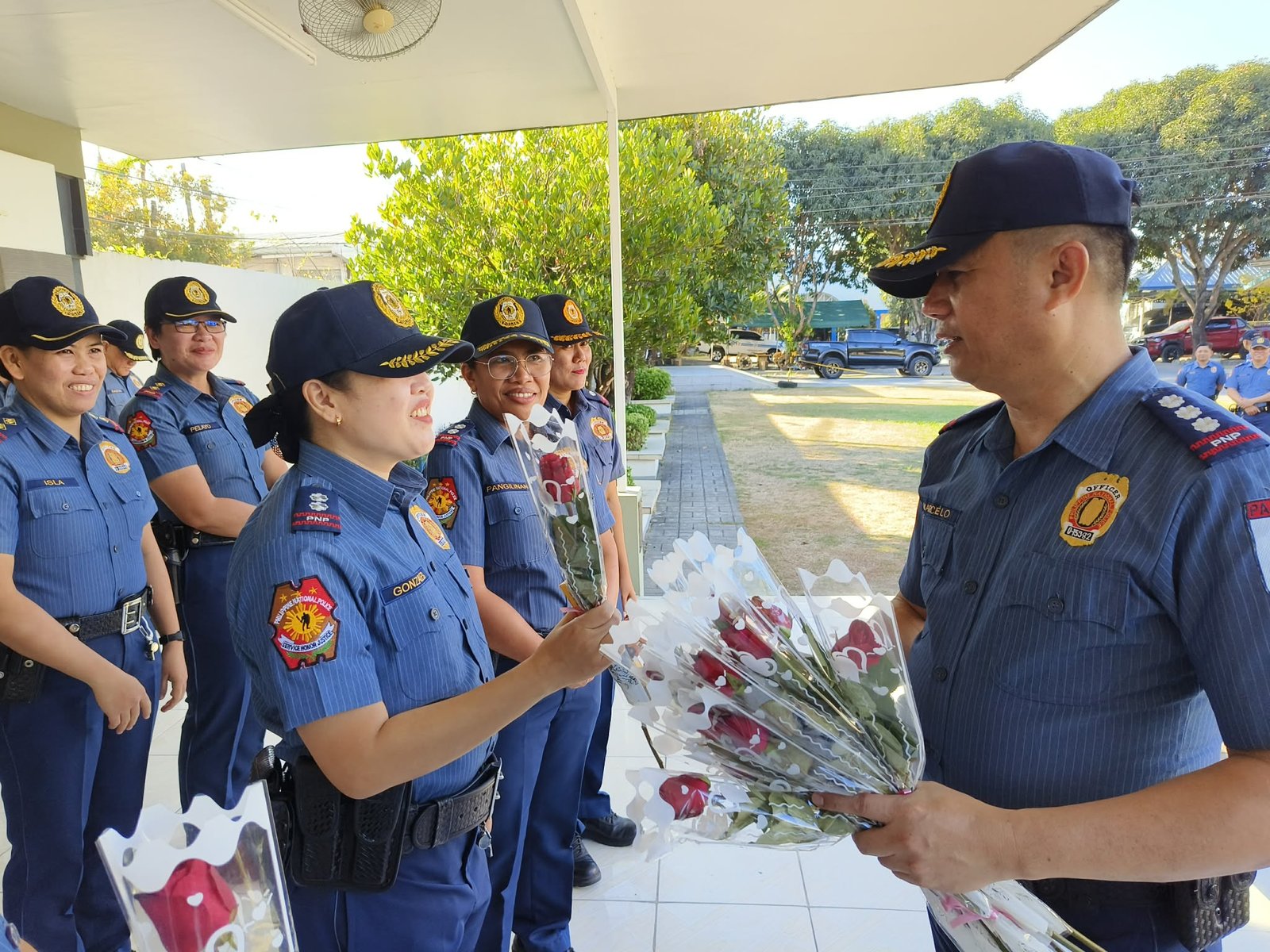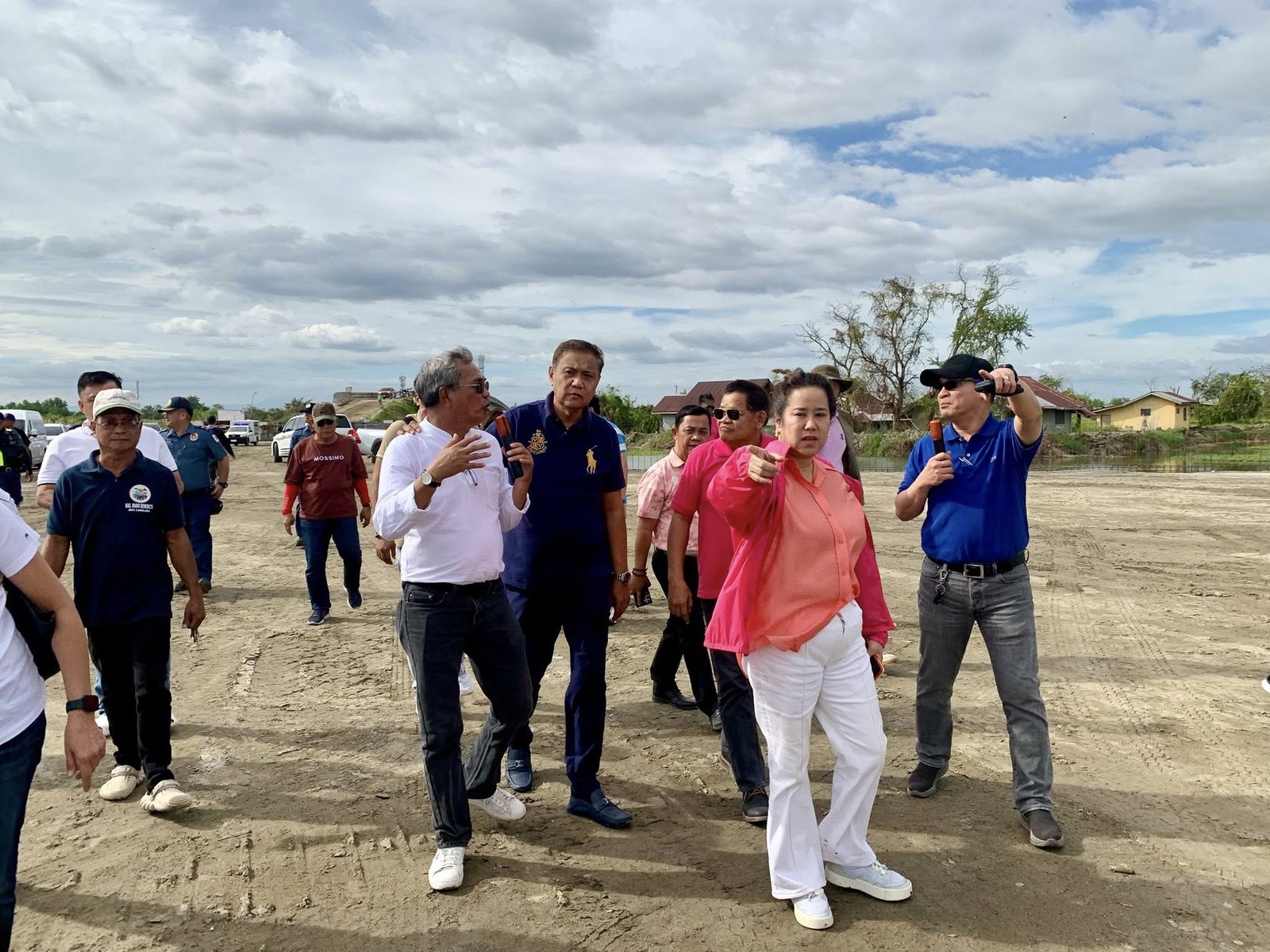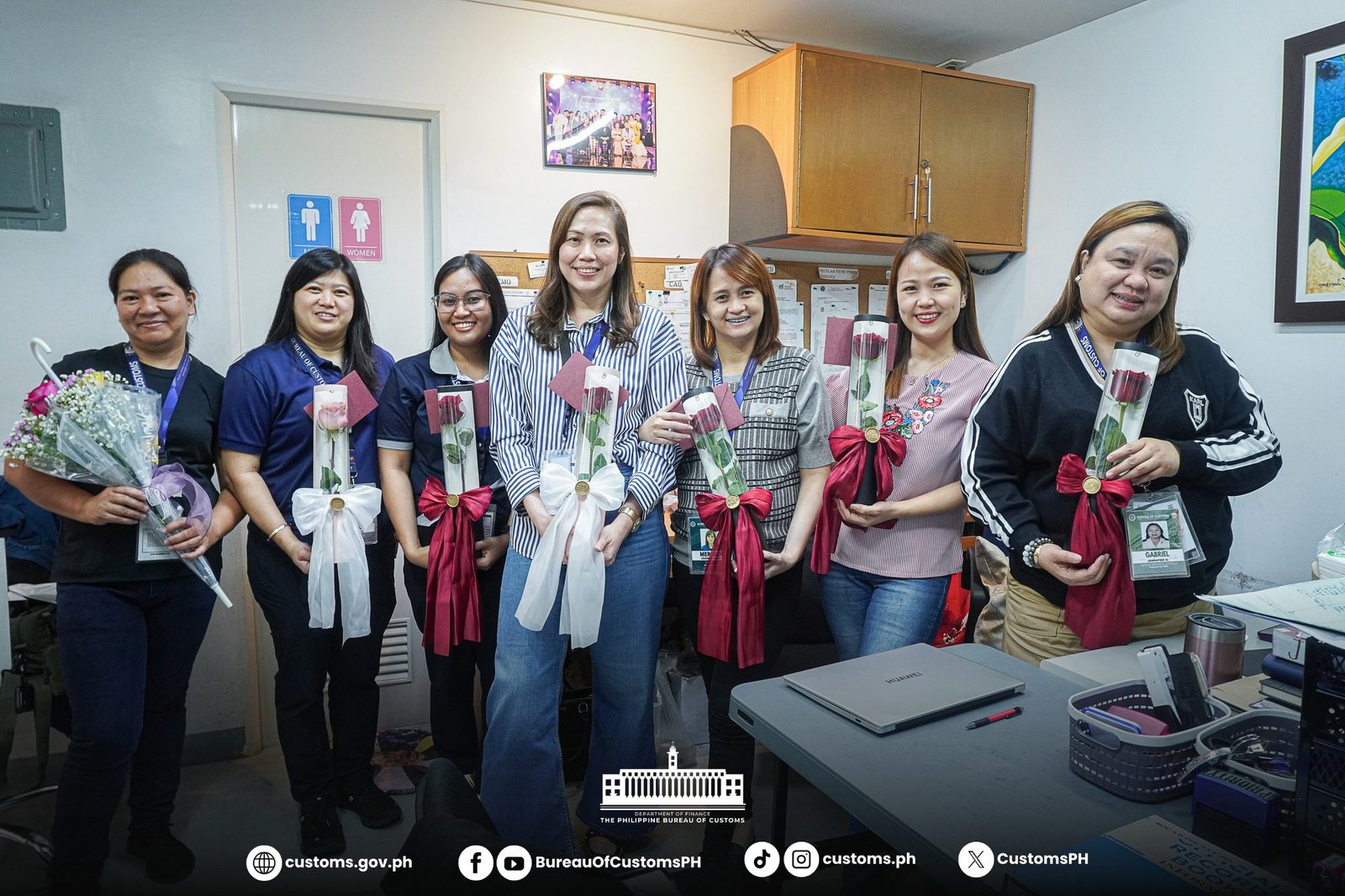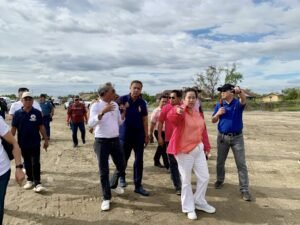𝗧𝗵𝗲 𝗚𝗹𝗼𝗯𝗮𝗹 𝗕𝗲𝗮𝘁 𝗯𝘆 𝗚𝗲𝗿𝗮𝗹𝗱 𝗟𝗮𝗰𝘂𝗮𝗿𝘁𝗮
Here in the Philippines, where our cultural and religious values deeply influence our worldview, the ongoing conflict in Gaza strikes a chord not just on humanitarian grounds but also in the context of our own historical struggle for freedom and justice.
Filipinos had our share of battles for sovereignty and conflicts in the Muslim Mindanao, giving us a unique perspective on the Palestinian question.
I’ve read recent news that several Filipino-Palestinian families from Gaza, displaced by the Israel-Hamas war, are rebuilding their lives in the Philippines through a new venture, a volunteer-supported eatery called Little Gaza Kitchen in Metro Manila.
While they are cooking in their kitchen, things are heating up in Gaza.
Even as there was a ceasefire brokered in January 2025, which has seen the release of hostages, the peace remains fragile. Israeli Prime Minister Benjamin Netanyahu has stated that if Hamas does not return all Israeli hostages by noon on February 15, the ceasefire will end, and the IDF will resume fighting until achieving a “final victory over Hamas.” This stance comes amidst international pressure, including from U.S. President Donald Trump who has warned that “all hell is going to break out” if hostages are not freed by then. advocating for a swift resolution to the conflict. Trump has also suggested that the U.S. might “take over” Gaza, a proposal met with significant criticism and concern over potential ethnic cleansing.
The roots of the conflict trace back to the end of World War I when Britain was given control of Palestine under the League of Nations’ mandate. The 1917 Balfour Declaration promised a national home for the Jewish people, igniting tensions with the Arab majority. Post-World War II, the UN proposed partitioning Palestine into Jewish and Arab states, leading to Israel’s establishment in 1948 after the British withdrawal. This period, known to Palestinians as the “Nakba” or catastrophe, saw hundreds of thousands of Palestinians displaced, setting the stage for decades of strife.
I remember being in high school from 1986 to 1990, and even back then, the headlines about the Palestinian-Israeli conflict were hard to ignore. Events like the First Intifada, which started in 1987, were all over the news, with images of stone-throwing youths facing off against Israeli soldiers, which struck me even as a teenager. The 1988 declaration of an independent Palestinian state by Yasser Arafat was also widely televised.
For historical backgound, here are the key personalities and turning points:
David Ben-Gurion led Israel during its foundation and was central to the policies that shaped the early state.
Yasser Arafat, leading the Palestine Liberation Organization (PLO), became the face of Palestinian nationalism, advocating for statehood and rights.
The Oslo Accords in the 1990s, with figures like Yitzhak Rabin and Shimon Peres from Israel, and Arafat, marked a hopeful turning point, aiming for peace through mutual recognition. However, Rabin’s assassination in 1995 derailed these efforts.
The Second Intifada starting in 2000 after the breakdown of peace talks at Camp David, brought about years of violence, deeply affecting both populations.
During the Second Intifada, a Hamas bomb-maker Abdullah Barghouti, a Palestinian militant with a Filipino mother, was sentenced to 67 life sentences by Israel for his role in attacks.
Gaza has been under blockade by Israel since 2007 when Hamas, considered a terrorist organization by several countries including Israel and the US, took control. The blockade, which restricts movement and goods, has led to dire living conditions. The latest escalation began with Hamas’s attack on October 7, 2023, leading to Israel’s retaliatory actions, which have caused significant civilian casualties and destruction.
The current situation in Gaza has raised fears that it could escalate into a broader Middle Eastern conflict. Involvement from regional powers like Iran, Hezbollah in Lebanon, or even direct military action by other Arab states could transform this into a larger regional war. Such an escalation would not only exacerbate the humanitarian crisis but also disrupt the geopolitical balance in the Middle East.
This conflict has already shown its impact on global markets, particularly in oil prices and stock exchanges. With the Middle East being a significant oil supplier, any threat to oil production or transportation routes can lead to spikes in oil prices. For Filipinos, this means higher fuel costs, which ripple through to increased prices for goods and services, transportation costs, and a higher cost of living. The Philippine Stock Exchange, like other global markets, has felt the jitters as investors react to the instability, leading to potential losses for Filipino investors and affecting the national economy.
The conflict’s influence on global trade routes, especially through the Red Sea, could disrupt supply chains, leading to inflation and economic uncertainty worldwide. These economic pressures are felt here in the Philippines, where many depend on stable commodity prices and a buoyant economy for employment and livelihood.
President Ferdinand “BongBong” Marcos Jr. has expressed concern over the catastrophic humanitarian situation in Gaza, particularly during his intervention at the 19th East Asia Summit in October 2024. He urged for de-escalation and a peaceful resolution, supporting a two-state solution.
Recent news has brought to light proposals to relocate Palestinians from Gaza to Indonesia as part of a broader normalization agreement. This idea was floated by US President Donald Trump, with the aim of providing a long-term solution for the Palestinian refugees.
In light of these developments, I urge President Marcos to take a more vocal stand on the issue. The voices from nations like ours can contribute to the international chorus calling for peace, justice, and humanitarian aid.
President Marcos should publicly denounce acts of terrorism, while advocating for justice. He should also call for increased aid to Gaza and advocate for dialogue between the conflicting parties, possibly offering the Philippines as a neutral ground for talks or aiding in peace processes, drawing from our experience in Mindanao.
“We Filipinos have a proud history of extending humanitarian aid to those in need, including Jewish refugees during the era of President Manuel L. Quezon and Vietnamese refugees after the Vietnam War. Recently, we also provided assistance to Rohingya refugees,” said Senator Francis Tolentino on January 7th.
The Philippine Arab community, primarily from Lebanon and Palestine, has been active in advocating for peace. Saleh Asad Saleh Fhied Mohammad, the Palestinian Ambassador to the Philippines, has emphasized the importance of international solidarity with the Palestinian cause, highlighting the plight of Palestinians in Gaza and calling for an end to the blockade.
The Jewish community in the Philippines, though smaller, has historical significance. During the 1930s, under President Quezon, the Philippines provided refuge for Jews fleeing Nazi persecution. Today, the Jewish community, while supportive of Israel, also calls for peace, with leaders like Rabbi Eliyahu Azariah from the Makati Jewish Community Center, advocating for a resolution that respects both Israeli and Palestinian rights.
As a father, the horror of terrorism, especially the heinous acts committed on October 7, 2023, resonates deeply with me. The loss of life, the abduction of civilians, and the trauma inflicted on families are beyond comprehension. Justice for these atrocities is crucial, but so is the cessation of violence that only perpetuates the cycle of grief and retaliation.
Only a year ago, in January 2024, Sgt. First Class Cydrick Garin, a 23-year-old Filipino-Israeli soldier, was among the casualties in an explosion in Gaza. His death was mourned by both the Filipino community in Israel, and brought to light the pain on both sides of the conflict.
I look forward with hope.
Immediate cessation of hostilities is crucial. Aid must flow freely into Gaza to address the humanitarian crisis, a call echoed by organizations like Doctors Without Borders (MSF).
Both sides must engage in sincere dialogue, perhaps with third-party mediation from countries or entities not directly aligned with either side, ensuring both Israeli security and Palestinian rights are addressed.
The Two-State Solution must also be revisited. Despite seeming unattainable at times, a two-state solution remains the most discussed path. This would require Israel to halt settlement expansion and for Palestinian factions to unite under a common goal of state-building rather than conflict.
Encouraging understanding through education and cultural exchanges can dismantle decades of mistrust. Here, the Philippines could offer lessons from our own reconciliation processes.
Global powers must urge both parties towards peace, possibly through economic incentives for cooperation or sanctions for continued violence.
In this light, let us advocate for a world where every child, whether in Gaza or elsewhere, can grow up free from the shadow of war, where faith in humanity can restore what violence has torn asunder. It’s time for Filipinos and our leaders, including President Marcos, to speak up for peace, justice, and healing. And let’s remember, the events happening around the globe matter to us in the Philippines; they shape our economic stability, our security, and our shared humanity.














